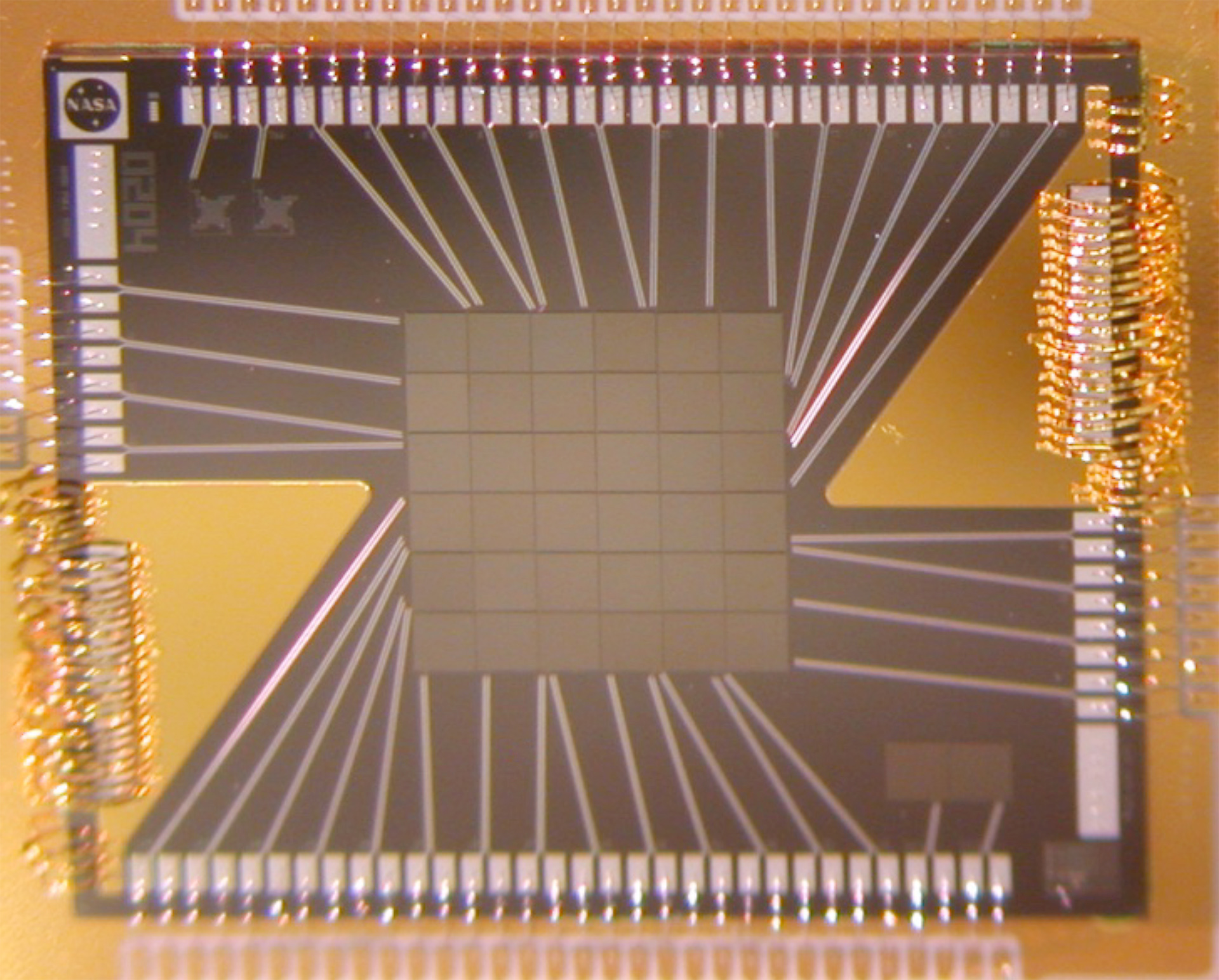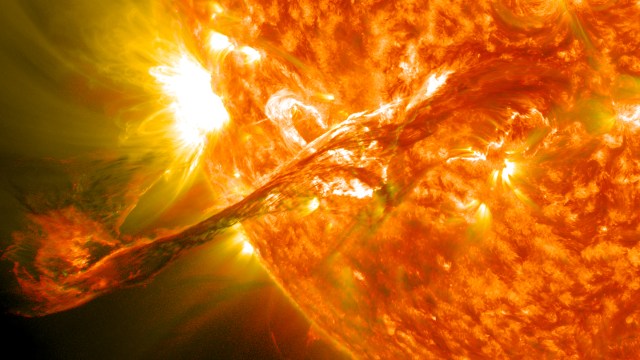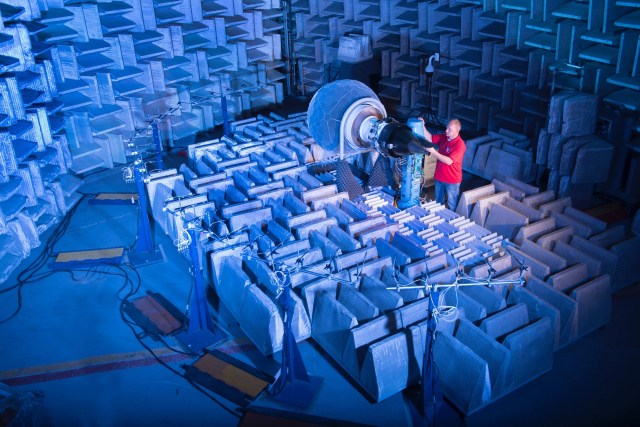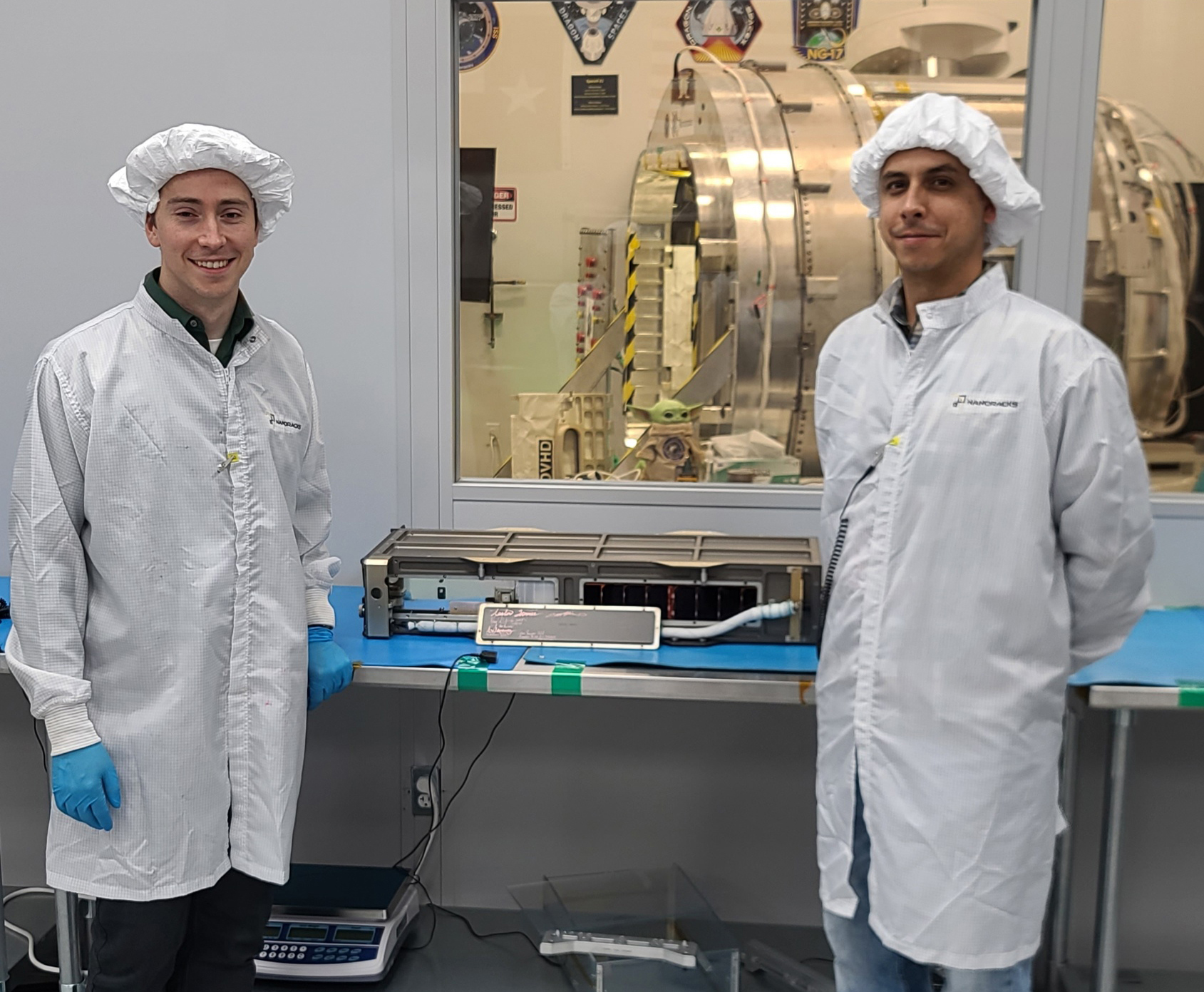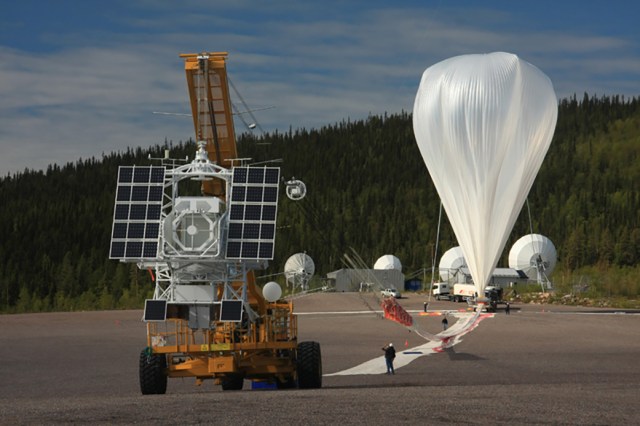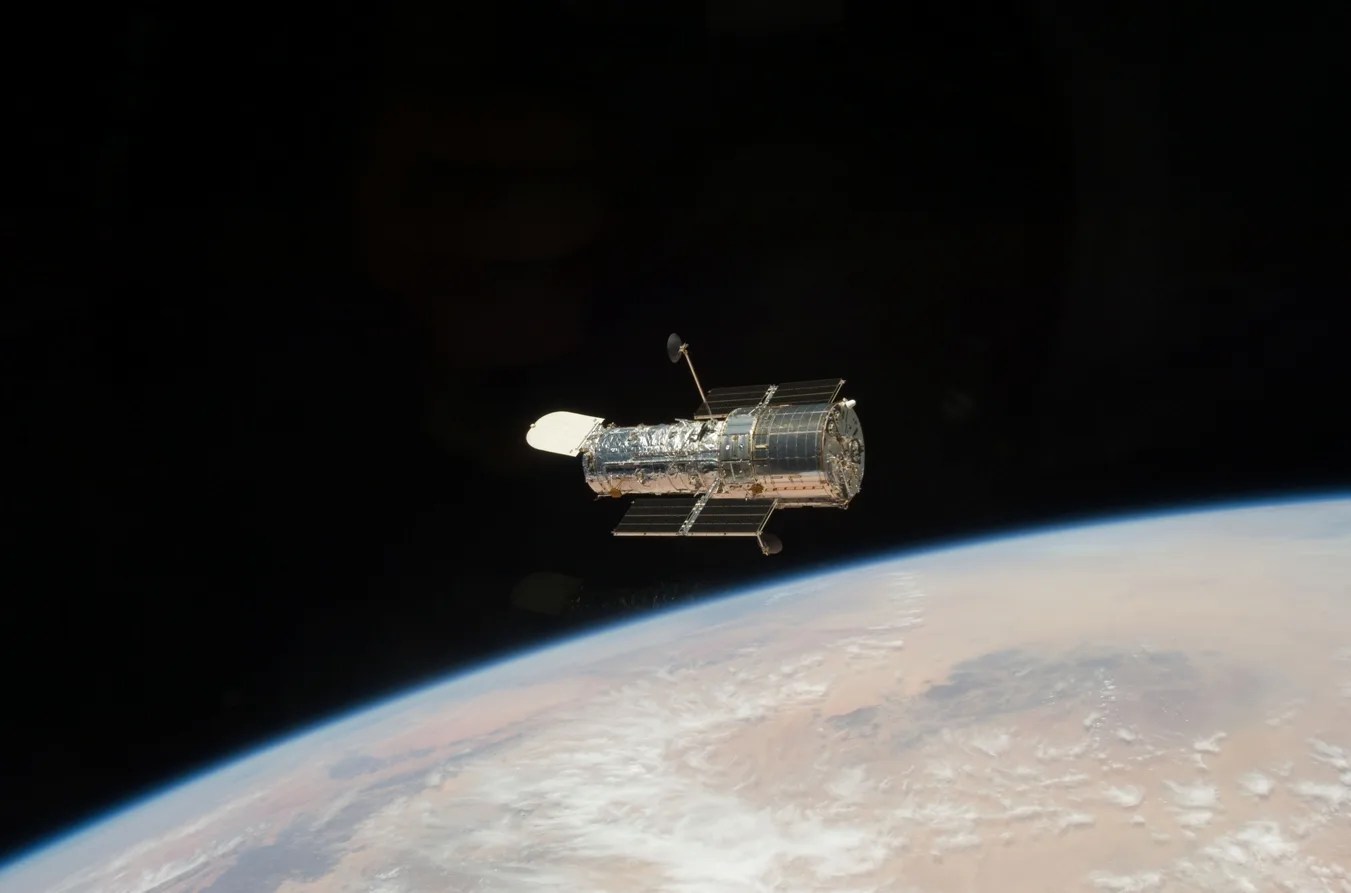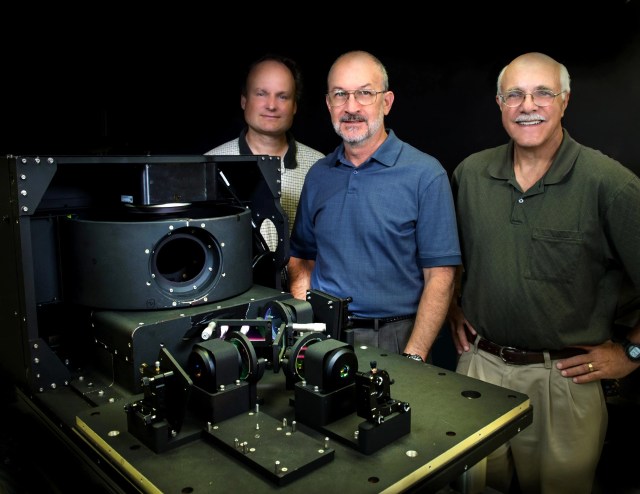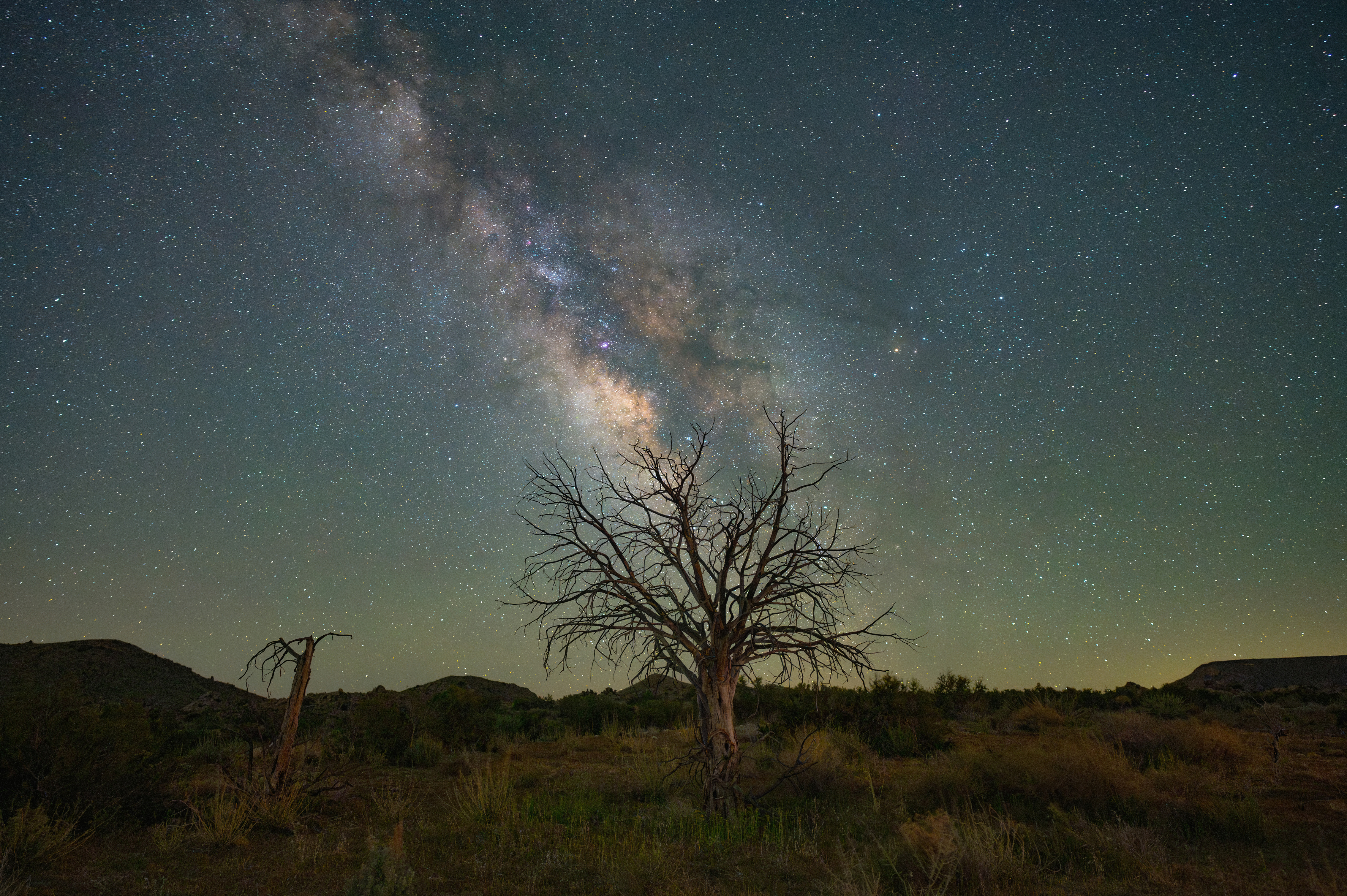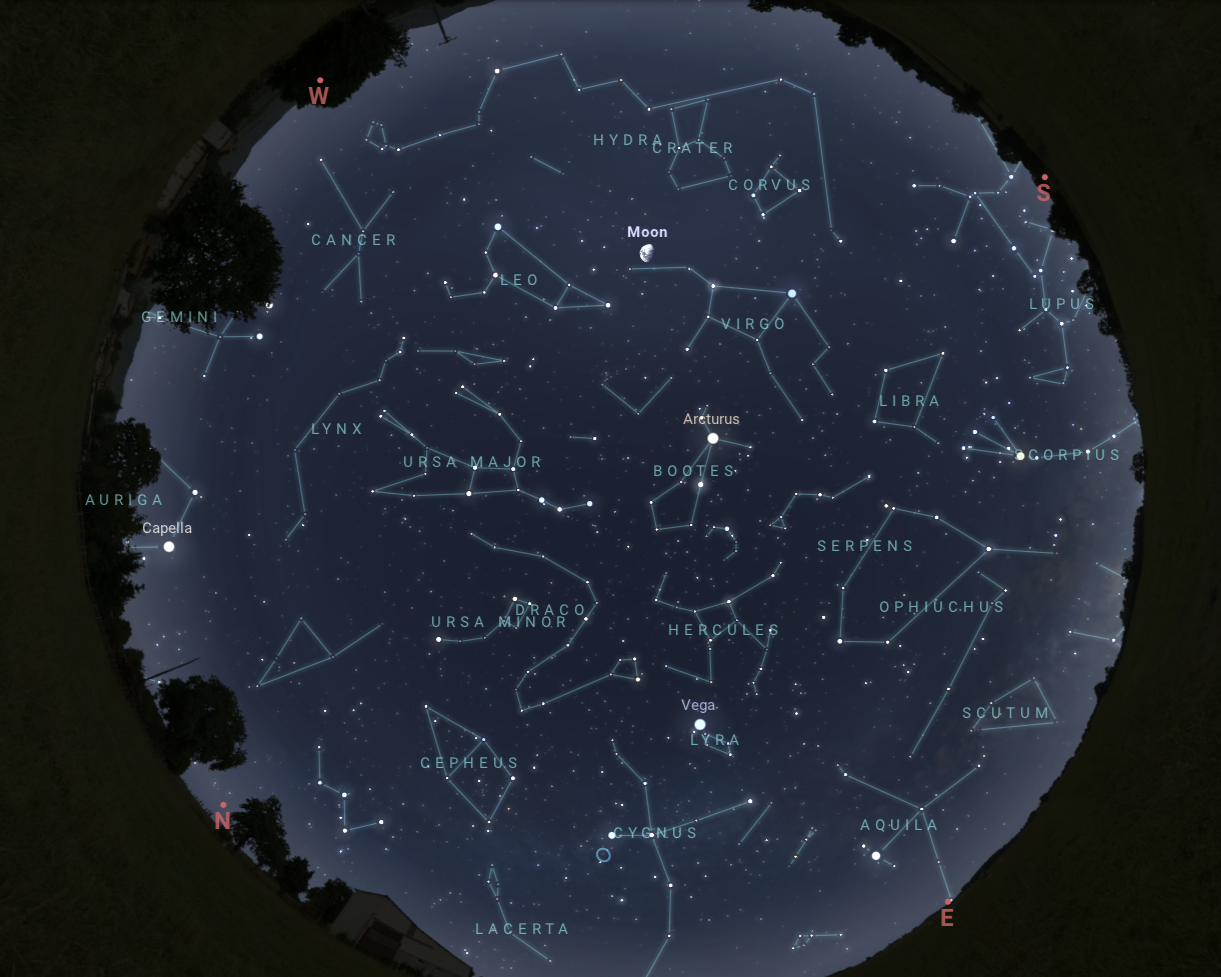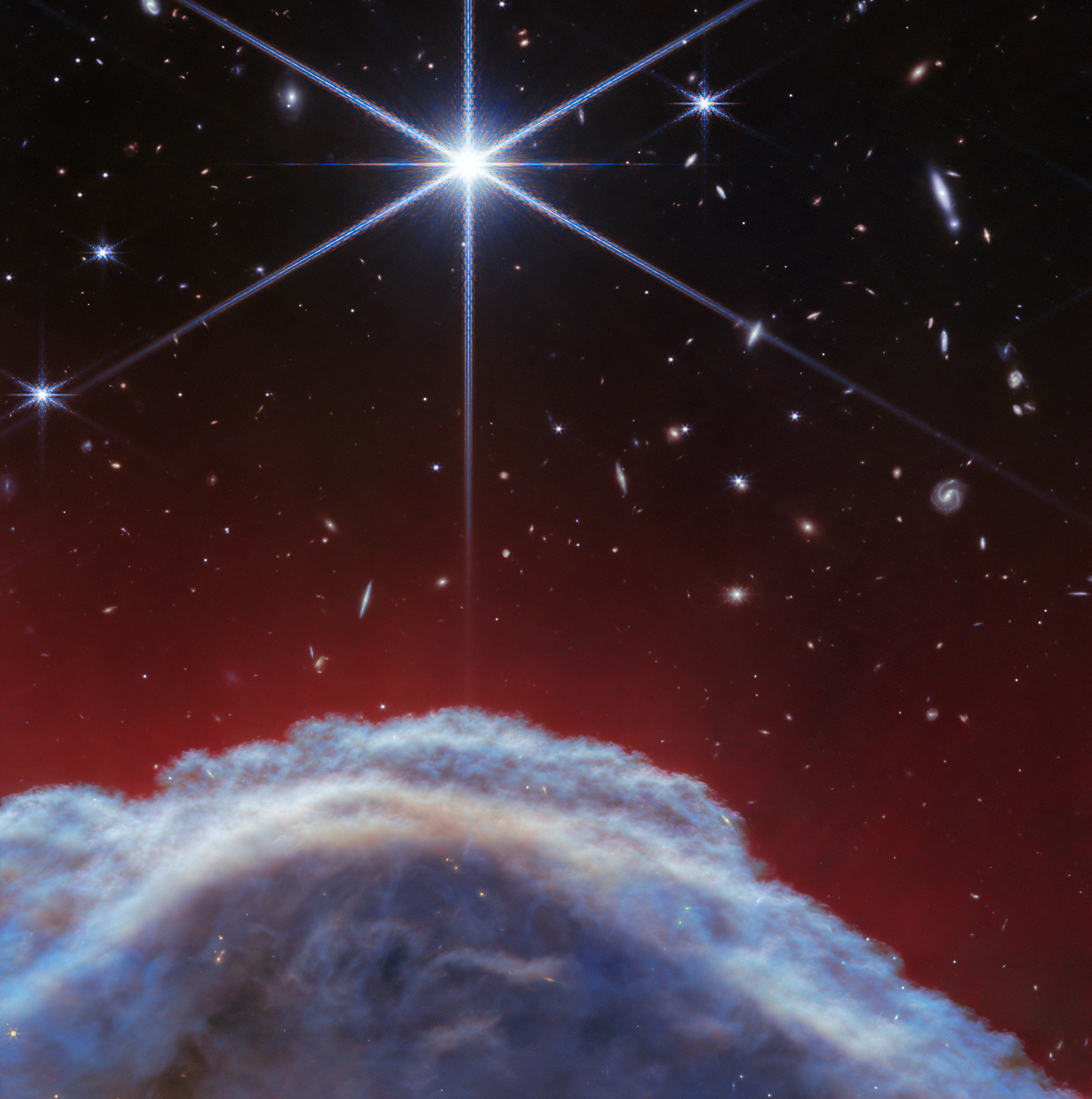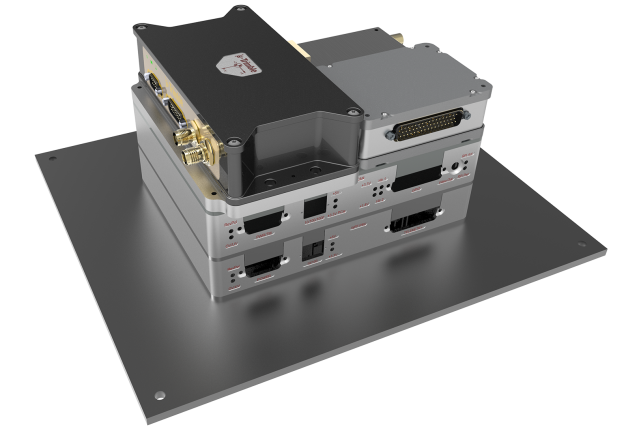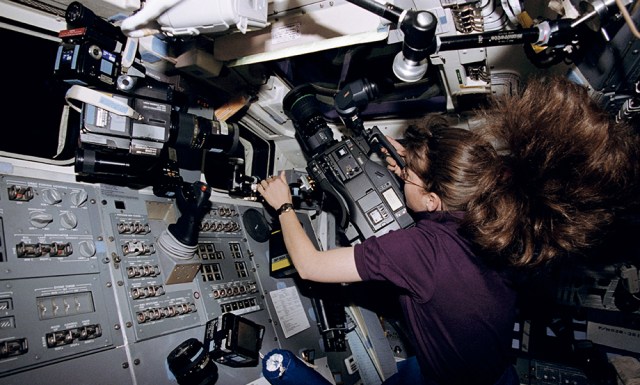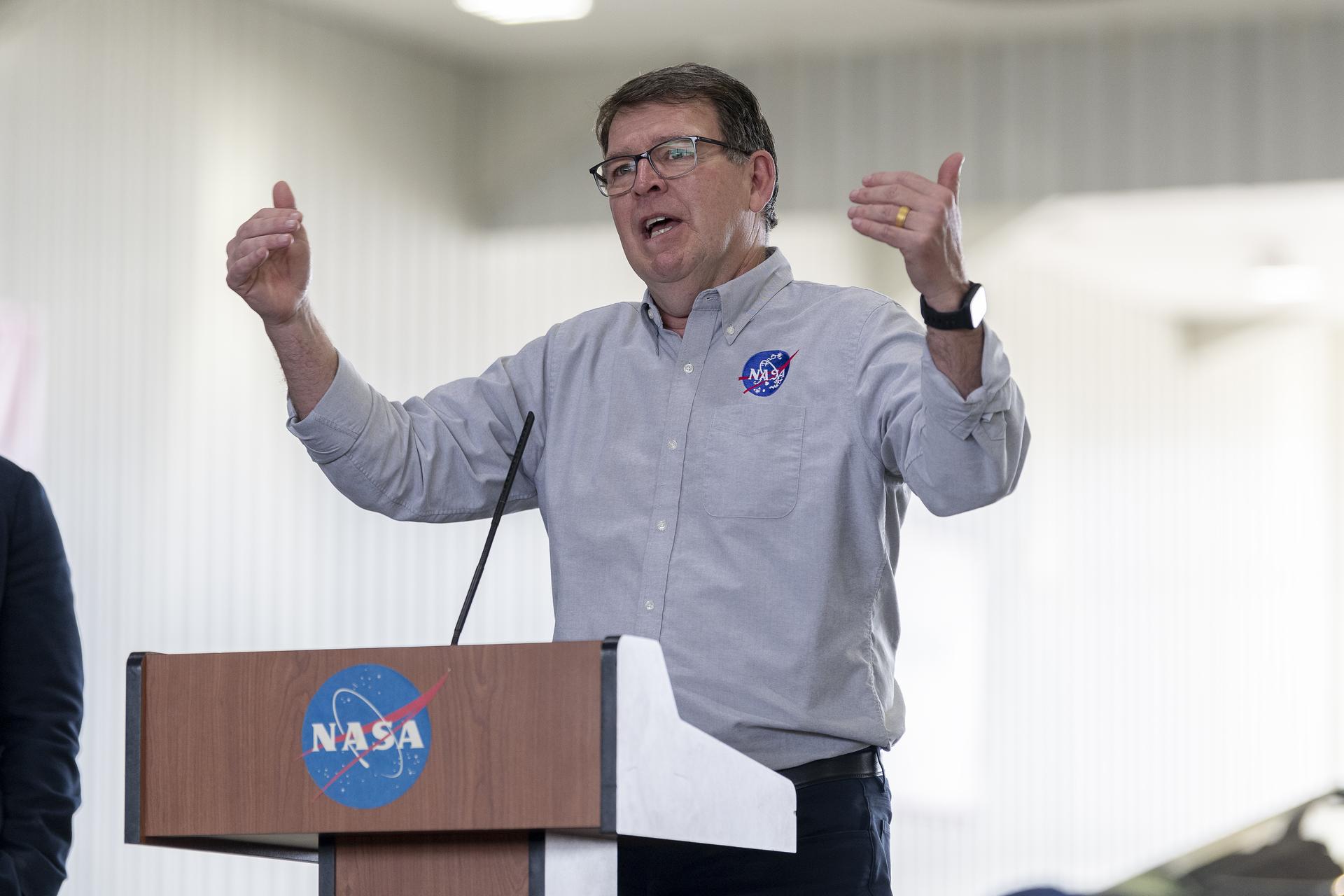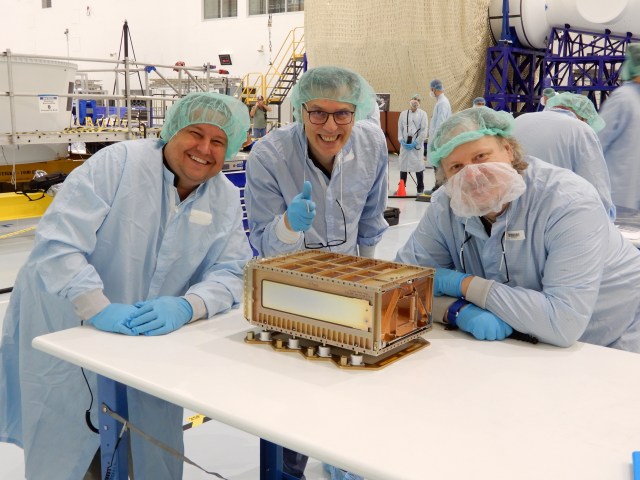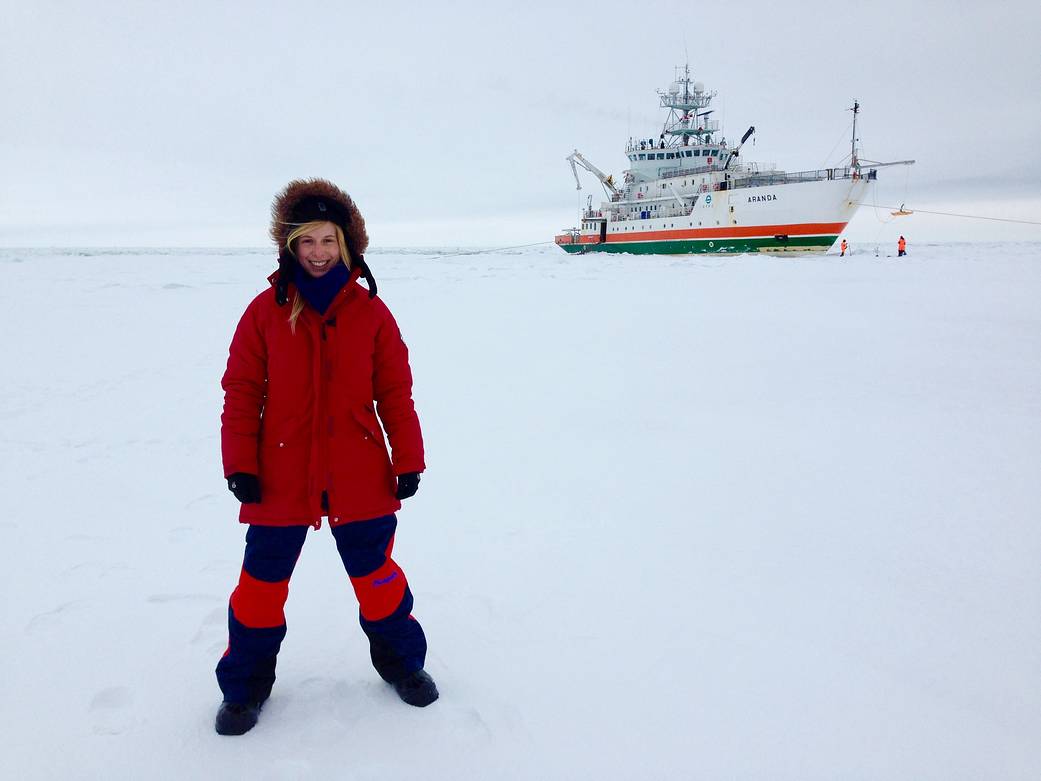“My younger self would be very proud that I’m here at NASA, doing a job I love. A major barrier I’ve faced for as long as I can remember is struggling with my own mental health and depression. One of the main things that I really found difficult, especially during my undergraduate and PhD [years], was finding available support that worked for me. And when I was studying, I found it such a stressful time: everything was new and there was an incredible pressure, from myself and other people.
“Then when I got here to the USA, I realized… I really wanted to find a way to give something back. Mainly because, I can’t vote here. There is not much that I can do to change the system other than volunteer.
“[The American Foundation for Suicide Prevention] runs suicide prevention educational programs and events for different communities across all 50 states. The ‘It’s Real: College Students and Mental Health’ program raises awareness and facilitates conversation about mental health issues commonly experienced by students, and where they can get support.
“I think a big contributor to [depression and anxiety in the STEM fields] can be this constant comparing yourself to your colleagues and the people around you. If you’re surrounded by very intelligent, high-performing people, you feel like, ‘I don’t deserve to be here’ or ‘I need to be better. I need to do more.’ And it can make you feel this constant stress.
“Moving to Goddard, I thought it might be a lot like that. But I feel lucky to have found good friends and a support group in the lab I ended up in. Folks have other commitments, responsibilities, young families and are very realistic and open about how that takes up time. I hope to have more open conversations about mental health support with my fellow lab members as well as outside of work, so I can help to create a culture that is mental health aware.”
— Rachel Tilling, Assistant Research Scientist, Goddard Space Flight Center
Image Credit: Tom Armitage
Interviewer: NASA / Thalia Patrinos

